The new 5.4-inch iPhone 12 mini was announced earlier this week. This mini smartphone has given consumers advanced features like 5G connectivity, Super Retina XDR display, A14 Bionic processor, and more, in a compact size. Apple has a niche market that prefers smaller iPhone models for they are light and easy to carry.
However, earlier this year, Apple released the iPhone SE which is identical to the iPhone 8 when it comes to design. It is the only phone in Apple’s lineup that continues to feature Touch ID over Face ID and retails for an impressively low cost of $399.
So, how does the new iPhone 12 mini compare to the iPhone SE? We have all the tech specs listed here, for you to make an informed decision about which model to buy.
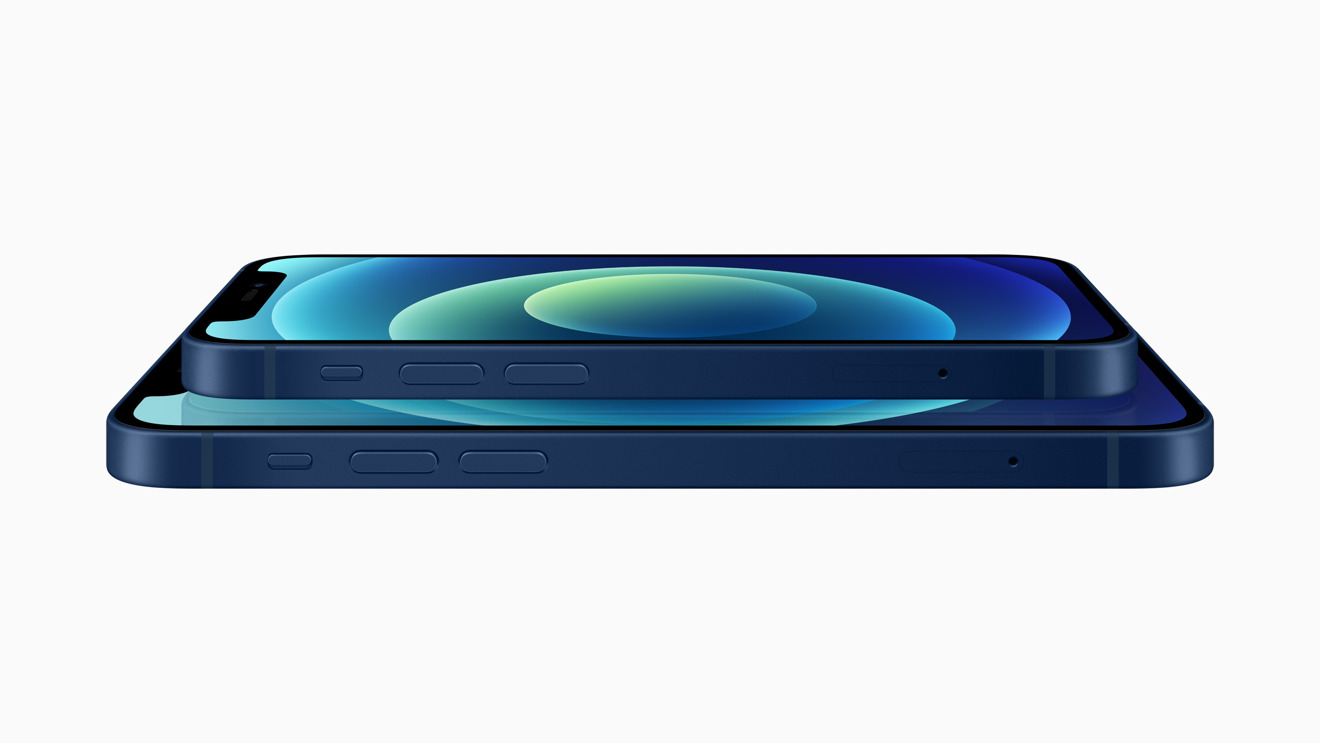
iPhone 12 mini vs. iPhone SE (2020) – Tech Specs
|
Tech Specs |
iPhone 12 mini |
iPhone SE (Second Generation) |
|
Price |
$699 |
$399 |
|
Dimensions (inches) |
5.18 x 2.53 x 0.29 |
5.45 x 2.65 x 0.29 |
|
Weight (ounces) |
4.76 |
5.22 |
|
Processor |
A14 Bionic |
A13 Bionic |
|
Storage |
64GB, 128GB, 256GB |
64GB, 128GB, 256GB |
|
Display type |
5.4-inch Super Retina XDR |
4.7-inch Retina HD |
|
Resolution |
2,340 x 1,080 at 476ppi |
1,334 x 750 at 326ppi |
|
True Tone |
Yes |
Yes |
|
Biometrics |
Face ID |
TouchID |
|
Connectivity |
5G (Sub-6GHz and mmWave) |
Gigabit-class LTE |
|
Rear Cameras |
12MP Ultra Wide |
Single-lens 12MP Wide camera |
|
Video |
4K 60fps, 30fps HDR with Dolby Vision, |
4K 60fps, |
|
Front Cameras |
12MP TrueDepth |
7MP FaceTime HD Camera |
|
Battery |
Up to 15 hours |
Up to 13 hours |
|
Colors |
Black, White, Blue, Green, (PRODUCT)RED |
Black, White, (PRODUCT)RED |
Camera
Quite a few camera features have been to the iPhone 12 mini. It also uses a dual-camera system in the back, quite like iPhone 11 consisting of ultra-wide and wide-angle cameras. They offer 2x optical zoom and 5x digital zoom, respectively.
iPhone SE‘s camera is 12MP with f/1.8 aperture, PDAF, OIS, Quad-LED flash, and a 7MP selfie camera. It uses a single 12-megapixel wide-angle camera on the back, with 5x digital zoom. Switching from iPhone SE’s f/1.8 to iPhone 12 mini’s f/1.6 will enable more light to enter the camera sensor which improves low-light photography.
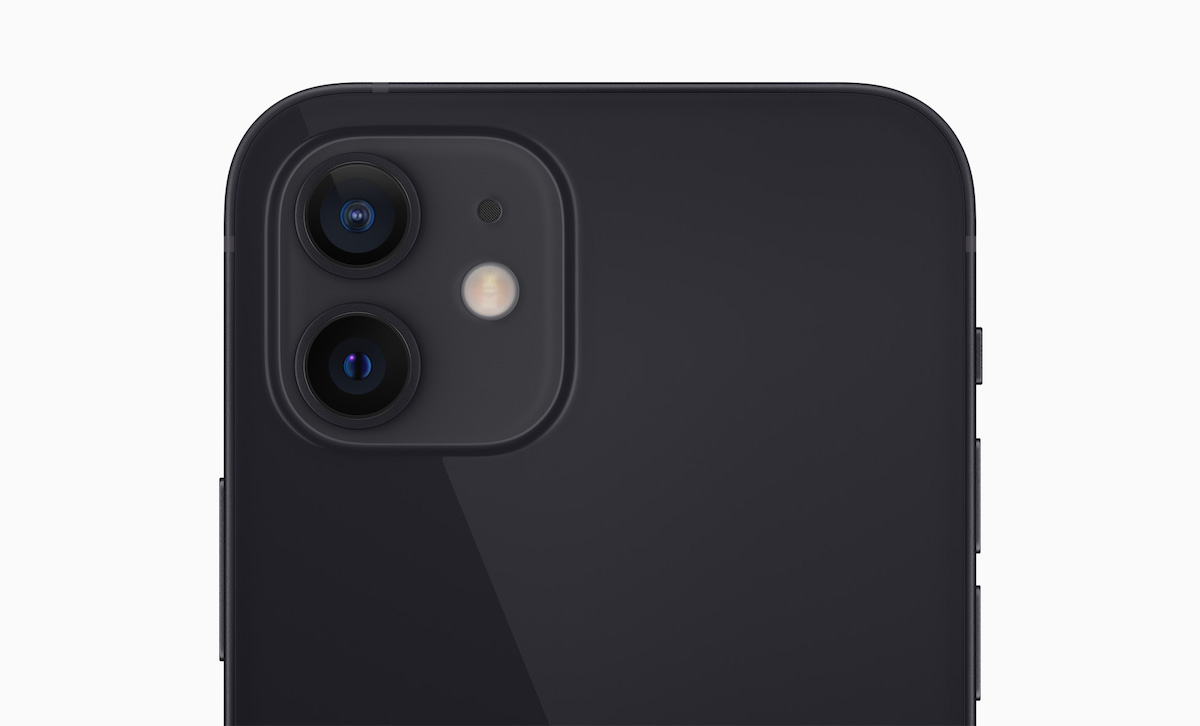
In comparison, iPhone 12 mini has a 12MP primary camera with f/1.6 aperture, dual-pixel PDAF, OIS, and a 12MP ultrawide camera with f/2.4 aperture, and Quad-LED flash. It has a 12MP selfie camera. Moreover, the iPhone 12 mini also comes with Night Mode, a feature that allows the user to capture significantly better pictures in low-light conditions.
Other than that, both devices have the usual collection of Apple’s camera functions, consisting of a Portrait mode, True Tone flash, Portrait Lightning, etc. However, the iPhone mini now has a more advanced Smart HDR 3 for photos.
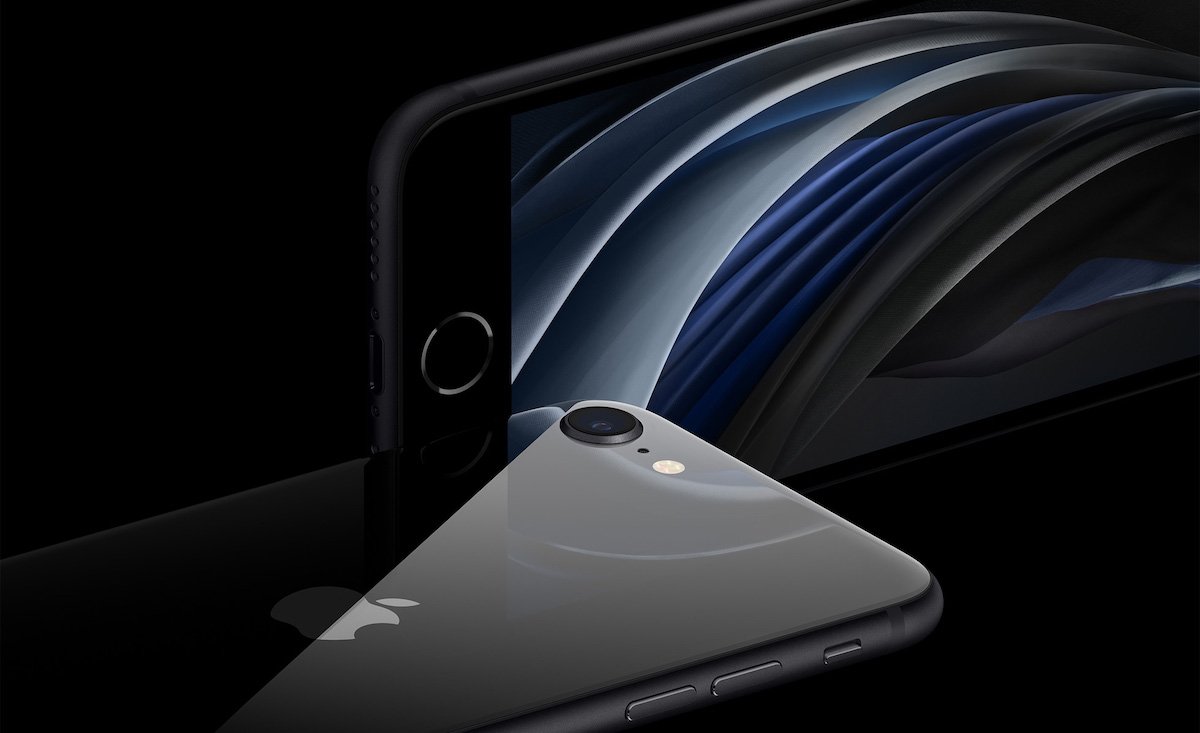
For videography, the iPhone SE has the ability to capture 4K video at up to 60fps, 1080p slo-mo at 240 fps, and optical image stabilization. Whereas, the iPhone 12 mini is more advanced and can record HDR video with Dolby Vision at up to 30fps at 4K resolution.
In selfie mode, the TrueDepth camera array of the iPhone 12 mini is able to capture a 12-megapixel image, as well as record 4K video at 60fps. The iPhone SE lacks these features but can still capture a 7-megapixel photo, record 1080p video at 30fps, and even has Portrait mode capabilities.
Size
The iPhone SE measures at 5.45 by 2.65 inches (138.44mm by 67.3mm) and 0.29 inches (7.3mm) thick. Whereas, the new iPhone 12 mini has dimensions of 5.18 inches by 2.53 inches (131.5mm by 64.22mm) and is 0.29 inches (7.4mm) thick which makes it the most compact smartphone by Apple.
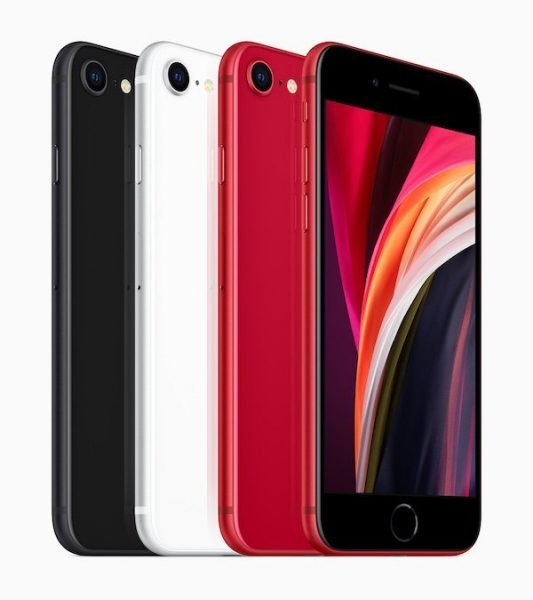
Processors
With the new iPhone 12 line-up, Apple introduced its new A14 Bionic chip for its smartphones. The new chip brings 40% faster CPU performance and 30% faster GPU performance to the mini. It also features 4GB RAM, which means the smallest new iPhone is fast.
Having said that, running on an A13 Bionic chip, the iPhone SE’s performance is not drastically inferior. In this case, the same level of smoothness in performance is provided by both smartphones.
Battery and charging
Numbers related to battery life show that the iPhone 12 mini would have a slight advantage over iPhone SE. iPhone 12 mini has 15 hours of video playback (offline), 10 hours of video playback (streamed), 50 hours of audio playback. Moreover, 50% charge in 30 minutes with 20W charging speed.
The iPhone SE has 13 hours video playback (offline), 8 hours video playback (streamed), 40 hours audio playback, and will be charged 50% in 30 minutes due to 20W charging speed.
Display
The new mini smartphone is equipped with Apple’s latest OLED display, while the 2nd generation iPhone SE has an LCD display. The OLED display will make the screen work far better compared to LCD and provide greater color representation, higher levels of contrast, and brighter images.
In technical terms, the iPhone 12 mini has a contrast ratio of 2,000,000:1 versus the 1400:1 of the SE. OLED also offers higher brightness levels at 800 nits, boosted to 1200 nits for HDR content, while iPhone SE has 625 nits of maximum brightness.
The iPhone 12 mini has a 5.4-inch display while the iPhone SE has a 4.7-inch display. Given the screen size, iPhone SE should be the smallest, but the iPhone mini uses an edge-to-edge design that eliminates the space from the front, resulting in almost non-visible bezels.
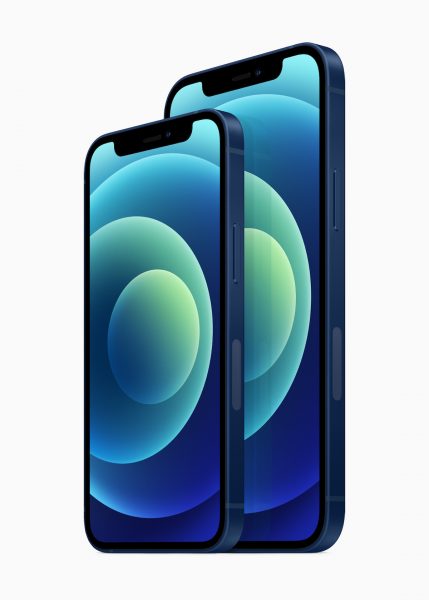
Connectivity
One of the highlights of Apple’s event was the introduction of 5G network support across the new iPhone 12 models. The 2020 iPhone SE ships with 4G support.
Adding to the mix, another feature that iPhone 12 mini carries is smart switching between LTE and 5G. So, rather than using 5G all day, it will switch to LTE for normal use but it will switch to 5G when faster speeds are required. This helps in preserving battery life throughout the day.
Availability
Pre-orders for the $699 iPhone 12 mini start on Friday, November 6th with shipments slated for Friday, November 13, whereas the SE is already available on Apple’s website for $399.
4 comments
Comments are closed.